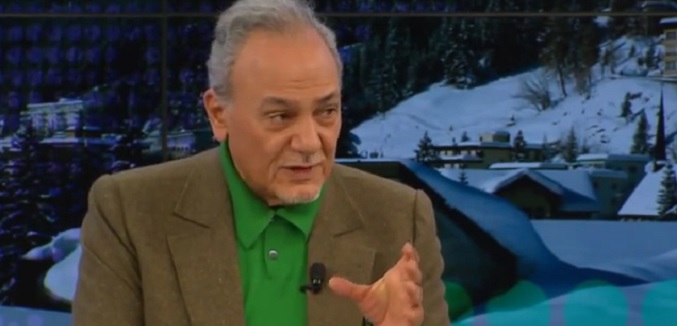Agence France-Presse (AFP) on Tuesday conveyed a statement from a joint committee established by Saudi Arabia and the United Arab Emirates committing to confronting “regional challenges,” the latest in what increasingly appear to be systematic moves by Riyadh to bolster its regional position opposite Iran.
The Gulf Cooperation Council (GCC) had already in late April formally invited Jordan and Morocco to integrate themselves into a conventional military alliance under which the Gulf states would trade aid and the new members would potentially provide 300,000 troops to collective efforts.
Meanwhile Saudi prince Turki al-Faisal – a top figure in the country’s royal family and its former intelligence chief – went further, speculating that Gulf states would have to acquire “nuclear know-how” to offset Iran.
AFP also read a new Saudi-UAE “supreme committee” against the backdrop of tensions between most Arab states, on the one hand, and Qatar, on the other:
Qatar is accused of supporting the Muslim Brotherhood, to which Saudi Arabia and other Gulf monarchies have long been hostile.
They fear its brand of grass-roots activism and political Islam could undermine their own authority.
Tensions have recently been dampened by Qatari moves to return to the GCC fold, but many analysts take it as a given that the region remains divided between three overarching blocs: the Iranian camp that includes Syria and Hezbollah, the camp of America’s traditional Arab allies plus Israel, and an axis composed of Turkey, Qatar, and various country-by-country Brotherhood groups.
The Obama administration has faced sustained criticism for being insufficiently supportive of its traditional allies.
[Photo: geny / YouTube]




